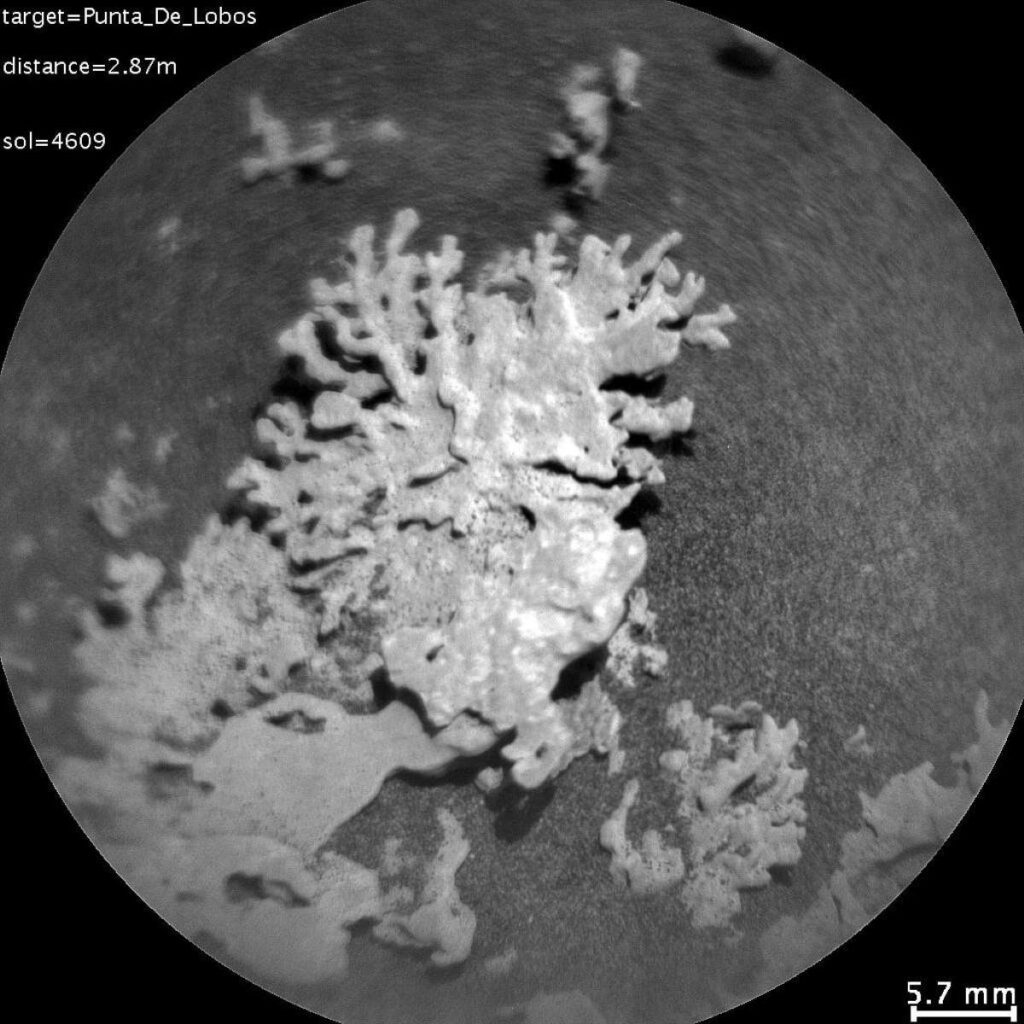Scientists have found the first solid evidence that genes play a key role in Myalgic Encephalomyelitis/Chronic Fatigue Syndrome (ME/CFS), a debilitating illness affecting millions worldwide.
The landmark DecodeME study, the largest genetic investigation of ME/CFS ever conducted, analyzed DNA from 15,579 patients and compared it to 259,909 control samples. Researchers discovered eight distinct regions in the human genome where people with ME/CFS show significant differences from the general population.
“These findings provide the first robust evidence for genetic contributions to ME risk,” said Professor Chris Ponting, lead investigator from the University of Edinburgh, who previously worked on the Human Genome Project.
The genetic signals identified are linked to both immune and nervous system functions. At least two regions relate specifically to how the body responds to infections, which supports what many patients have reported – that their symptoms often began after an illness.
One genetic signal overlaps with an area previously linked to chronic pain, a common symptom in ME/CFS patients. Importantly, researchers found no genetic connections to depression or anxiety, further confirming ME/CFS as a biological rather than psychological condition.
ME/CFS causes extreme fatigue that doesn’t improve with rest, along with a distinctive symptom called post-exertional malaise (PEM) – a severe worsening of symptoms after even minor physical or mental effort. Brain fog, pain, and energy limitations are also common.
“This is a wakeup call,” said Sonya Chowdhury, CEO of the charity Action for ME and study co-author. “These extraordinary results speak the language of people with ME/CFS, often recounting people’s symptoms.”
Similar Posts
The study, funded by £3.2 million from the UK Medical Research Council and National Institute for Health Research, is still in its preliminary stages as a preprint awaiting peer review.
Dr. Jackie Cliff, Senior Lecturer at Brunel University London, who wasn’t involved in the research, noted: “Although there have previously been genetics studies of ME/CFS, the DecodeME study is on a much-larger scale, ensuring validity and confidence in the findings.”
While the discoveries don’t yet translate to immediate diagnostics or treatments, they provide crucial directions for further research. The findings help explain why some people develop ME/CFS while others don’t, and why the condition often appears after infections.
The DecodeME team has made their dataset available to researchers worldwide, calling for international collaboration to accelerate progress. They’re particularly encouraging scientists with expertise related to the eight genetic regions to conduct targeted studies.
For the estimated 67 million people worldwide living with ME/CFS, these findings bring validation and hope. Andy Devereux-Cooke, a patient co-investigator on the study, said these results should prove “game changing” and align with “decades of patients reporting on their experiences.”
The study was limited to people of European ancestry, with research into diverse populations ongoing. Scientists are also exploring why ME/CFS affects more women than men, though the current findings didn’t identify genetic factors explaining this sex-based difference.
With no diagnostic test or cure currently available, this genetic breakthrough represents a critical step toward understanding ME/CFS and potentially developing effective treatments.
Frequently Asked Questions
ME/CFS (Myalgic Encephalomyelitis/Chronic Fatigue Syndrome) is a debilitating illness characterized by extreme fatigue that doesn’t improve with rest, post-exertional malaise (PEM), brain fog, and energy limitations. It affects approximately 67 million people worldwide and often follows a viral infection. Until now, the condition has been poorly understood and frequently misdiagnosed as psychological rather than biological in nature.
The DecodeME study, the largest genetic investigation of ME/CFS ever conducted, discovered eight distinct regions in the human genome where people with ME/CFS show significant differences from the general population. These genetic signals are linked to both immune and nervous system functions, with at least two regions specifically related to how the body responds to infections. One genetic signal also overlaps with an area previously linked to chronic pain.
Yes, this study provides the first robust scientific evidence that ME/CFS has a genetic basis. Importantly, researchers found no genetic connections to depression or anxiety, confirming ME/CFS as a biological rather than psychological condition. As DNA doesn’t change with ME/CFS onset, these genetic differences reflect causes rather than effects of the disease, validating what patients have been reporting for decades.
While the discoveries don’t yet translate to immediate diagnostics or treatments, they provide crucial directions for further research. The findings identify specific biological pathways that could be targeted for future drug development. The DecodeME team has made their dataset available to researchers worldwide, calling for international collaboration to accelerate progress toward developing effective treatments and potentially a cure.
ME/CFS affects more women than men, but the current genetic findings didn’t identify specific factors explaining this sex-based difference. The study didn’t analyze the X and Y chromosomes, where sex-linked traits might be found. Future research will explore this aspect, as understanding the sex-based differences could provide additional insights into the disease mechanisms and potential treatments.
Long COVID shares many symptoms with ME/CFS, and both conditions often follow viral infections. However, the DecodeME study didn’t identify the same genetic signals found in Long COVID research. This suggests there may be distinct genetic mechanisms at work in each condition, despite symptom similarities. The findings from this ME/CFS research could potentially inform our understanding of post-viral conditions more broadly, including Long COVID.



















